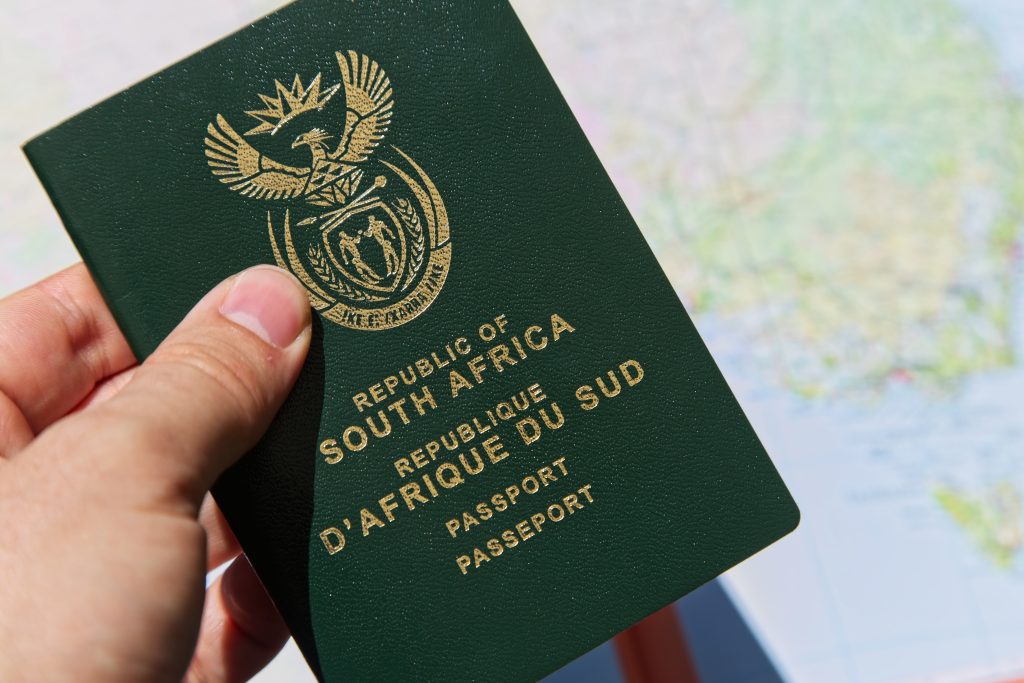Retaining your South African citizenship: What you need to know about dual citizenship and your rights
For many South Africans living abroad or planning to take on citizenship in another country, it is important to retain their South African citizenship. The South African Citizenship Act of 1995 provides for dual or multiple citizenship, but specific procedures must be followed to prevent you from losing your South African citizenship.
Dual citizenship: What does the law say?
According to the South African Citizenship Act 88 of 1995, an adult South African citizen must obtain permission from the South African government before he or she assumes citizenship in another country to avoid losing their South African citizenship. This permission is known as an “Application for Retention of South African Citizenship” and must be submitted before the new citizenship is accepted.
If you fail to obtain this permission, you may automatically lose your South African citizenship. However, this only applies to citizens aged 18 and over; minors do not automatically lose their South African citizenship if their parents accept another citizenship.
The DA court case: Loss of citizenship declared unconstitutional
A significant legal development occurred in 2023 when the Democratic Alliance (DA) won a court case against the South African government about this automatic loss of citizenship. The Constitutional Court ruled that it was unconstitutional to strip South African citizens of their citizenship without proper notice or choice. This victory means that thousands of South Africans who lost citizenship in the past can now restore their citizenship status.
However, there is still uncertainty about how the government will implement this ruling and what processes will be implemented for persons who have already lost citizenship. Therefore, it is still advisable to follow the prescribed procedures to prevent the risk of losing citizenship.
Importance of retaining citizenship
Retaining your South African citizenship is essential to maintaining your rights and privileges as a South African citizen, including the right to live, work and vote in South Africa. Even if you live abroad permanently, losing your South African citizenship can limit future options for you and your descendants. The future is unpredictable, and your children or grandchildren may decide to come and live or study in South Africa. But if you lose citizenship before they are born, they have no claim to it by descent. The right to citizenship extends over three generations. That is quite a long time, and the world can change dramatically during that time. Therefore, retaining citizenship is for the sake of your descendants, too.
What should you do if you want to obtain citizenship in another country?
Although the court case was a major victory, there are still many legal and administrative variables to consider. If you are considering accepting citizenship from another country, it is best to check with the South African embassy or high commission in your country of residence about current procedures in advance.
Steps to retain your South African citizenship
- Contact the nearest South African embassy or high commission and ask for the latest information on the retention/maintenance of citizenship.
- Apply to the Department of Home Affairs or the nearest South African embassy or consulate abroad to retain your South African citizenship before you accept citizenship in another country. Your application must be approved in writing before you acquire the new citizenship. It is essential to complete these steps before you officially acquire another citizenship.
- Provide the necessary documentation. The application usually requires your current South African passport, identity document, and a letter from the other country confirming that you are eligible for citizenship.
- Wait for approval. Processing the application can take time, so it is important to start this process early to avoid complications.
- Keep a record of all communication and approval. This may be helpful if any dispute about your citizenship status arises later.
- Find out what your new country’s rules on dual citizenship are. Some countries allow it, while others, such as Zimbabwe and Germany, require you to give up your previous citizenship. So, sometimes the loss is inevitable and it’s not South Africa’s fault.
Recommendations from the Minister of Home Affairs, Dr Leon Schreiber
Dr. Leon Schreiber, who has served as Minister of Home Affairs since 3 July 2024, has announced a five-year strategic vision to transform the department into a digital-first institution. This plan, known as “Home Affairs @ home”, aims to fully automate all services and make them available online so that citizens no longer have to physically visit offices for routine services. This includes the online application and delivery of identity documents and passports, which could significantly simplify the process for South Africans abroad.
Summary
South African citizenship in the country of birth remains important to many people, even if they live abroad. The DA’s court victory is an important milestone in protecting this citizenship right, but administrative challenges remain. If you plan to take on citizenship in another country, it is best to proactively contact your local South African diplomatic office for the most up-to-date, accurate information. This will ensure that you do not unnecessarily jeopardise your rights as a South African citizen.




















